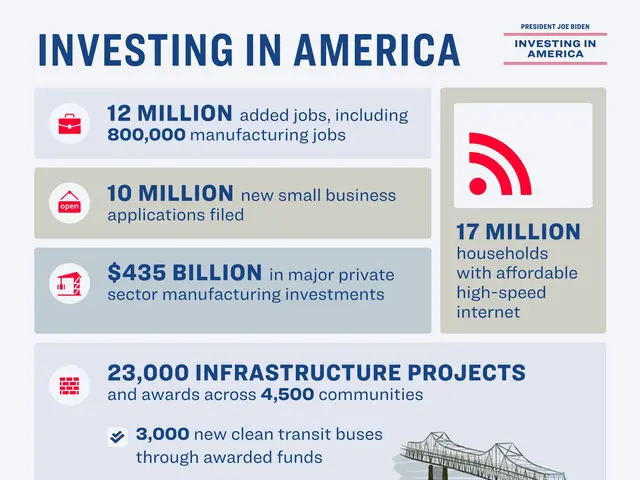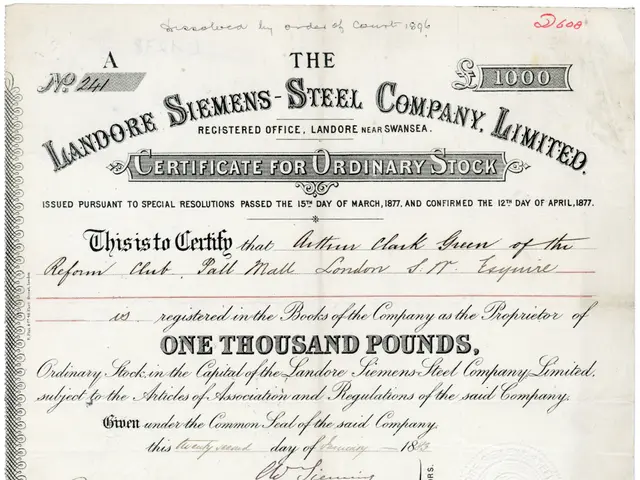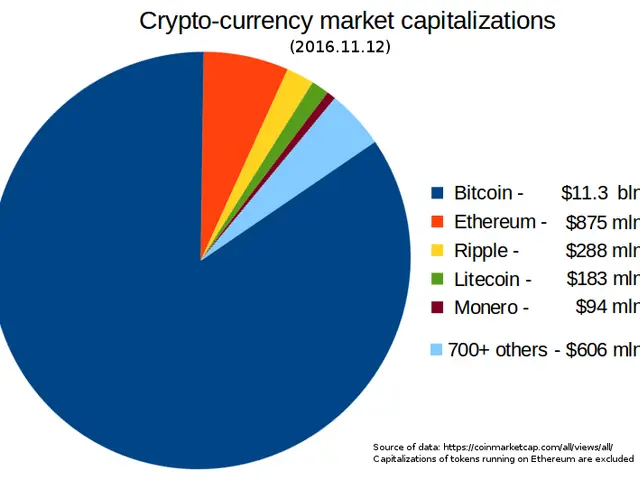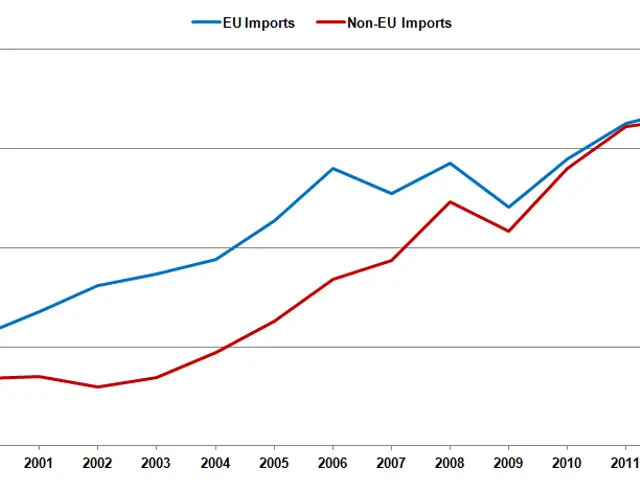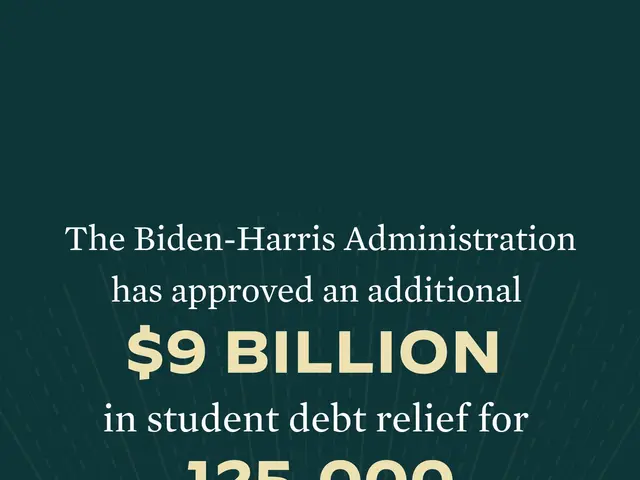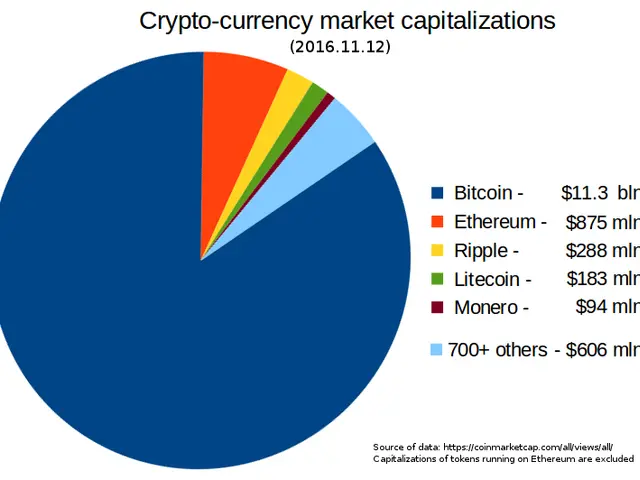Cautionary Call from German Business Leaders on Tightened Border Controls
Trade organizations voice concerns over potential drawbacks of tighter border regulations in commerce - Trade associations caution against the potential drawbacks of tighter customs checks for commerce
Hey there! Let's chat about a news piece that's been stirring discussions in Germany, centered around trade and border controls. The folks at the German Chamber of Industry and Commerce (DIHK) have spoken openly about the challenges tighter border controls might bring, even during the Coronavirus crisis.
The DIHK's chief economist, Volker Treier, has dialogued with the "Handelsblatt" about the issues at hand. He asserts that though the crisis has demonstrated the impact of restricted borders on traffic, it's crucial for politics to ensure essential supplies and cross-border trade are unhindered. A thriving European internal market and Schengen area are "essential" for a robustly internationally networked German economy.
During a chat with the newspaper, Treier asserted that reinforced controls would hike storage costs for companies, and make "just-in-time" deliveries trickier. He concluded that all these additional burdens weigh heavily during economically challenging times.
Going further, Treier expressed concerns over stricter checks for cross-border commuters and service providers. He particularly highlighted issues for regional retail trade, border gastronomy, and the care and health sector that rely on free movement of goods and people.
In response, trade association president Dirk Jandura urged for controls to be only temporary. He expressed that while they understand the need for protection, they advocate for keeping restrictions limited in duration.
Logistics industries are pinning hopes on close collaboration with the interior and transport ministries to ward off major problems. Dirk Engelhardt, chairman of the Federal Association of Goods Transport, Logistics and Disposal, suggested establishing "Green Lanes". These would serve as swift lanes for goods traffic, allowing trucks to pass borders without or with minimal delay.
Politicians like Alexander Dobrindt have announced the intention to strengthen border controls, with increased rejections. He insists that the numbers of irregular migration "must go down". However, Thorsten Frei, Chancellor's Office chief, stresses the need to avoid permanently restricting the freedom of movement in the EU and abolishing the Schengen Agreement. He considers stationary border controls a temporary measure.
Remember, tightened controls were implemented during the pandemic to impede the spread of COVID-19 but could bring about economic disruptions, labor shortages, uncertainty, and potential setbacks to international cooperation and Germany's recovery plan.
Sources: Handelsblatt, Border control, Business association, CSU, Volker Treier, Alexander Dobrindt, Disadvantage, IHK, DIHK, Coronavirus, Economy
- Volker Treier, the chief economist at German Chamber of Industry and Commerce (DIHK), has expressed concerns about economically challenging times being heavier when border controls are strengthened and could hike storage costs and make "just-in-time" deliveries trickier.
- Trade association president Dirk Jandura advocates for keeping controls limited in duration, understanding the need for protection but urging that restrictions remain temporary.
- In the European internal market, a robustly internationally networked German economy heavily relies on free movement of goods and people, according to Volker Treier.
- Alexander Dobrindt, a noted politician, insists that the numbers of irregular migration "must go down" with stronger border controls, but Thorsten Frei, Chancellor's Office chief, stresses the importance of avoiding permanent restrictions on freedom of movement in the EU and abolishing the Schengen Agreement.

